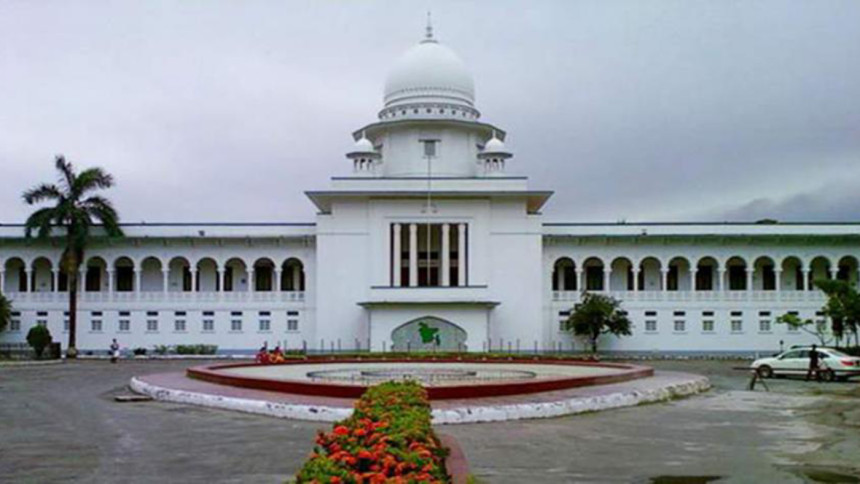Approval needed to cut trees under social forestry

The High Court yesterday ruled that trees planted under the social forestry programme cannot be cut without approval from designated authorities.
It also stated that planters of the programme must be compensated at the market value of the trees.
The HC directed the authorities concerned of the government to amend the Social Forestry Rules, 2004, to enforce this decision.
Delivering the verdict on a writ position, it ordered the formation of separate committees at the capital, district, and upazila levels to oversee tree felling across the country.
For Dhaka, the court ordered the Department of Environment to establish a committee within seven days, including environmentalists, experts, and professors from Dhaka and Jahangirnagar Universities in this regard.
At the district level, a committee will include the deputy commissioner, district environment officer, college professors, social workers, environmentalists, bar association representatives, and the civil surgeon.
For upazilas, the committee will comprise upazila nirbahi officers, college principals, social workers, environmentalists, welfare officers, assistant commissioners for land, and LGED engineers.
The bench of Justice Fahmida Quader and Justice Mubina Asaf delivered the judgement in response to a writ petition filed by Human Rights and Peace for Bangladesh (HRPB) in 2024, seeking action to curb rising temperatures and environmental pollution.
The court emphasised the urgent need to protect trees, warning that large-scale tree cutting would disrupt environmental balance and threaten the right to life.


 For all latest news, follow The Daily Star's Google News channel.
For all latest news, follow The Daily Star's Google News channel. 



Comments